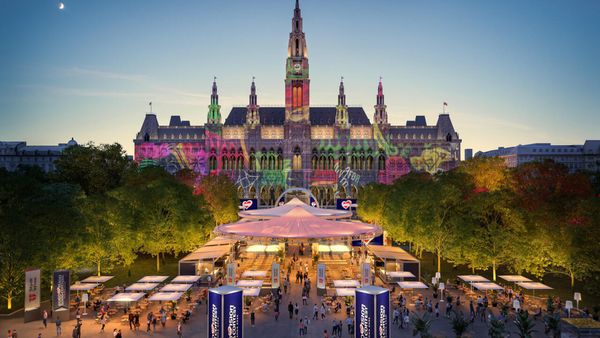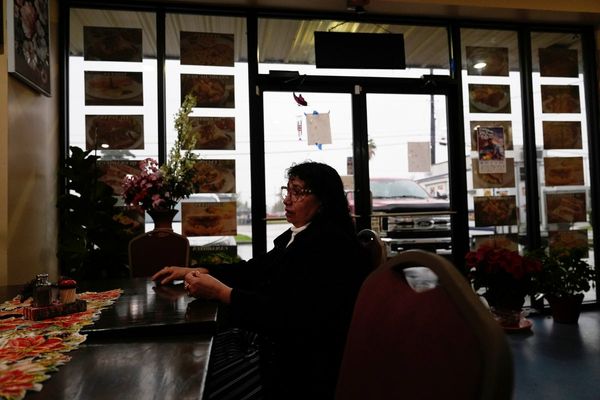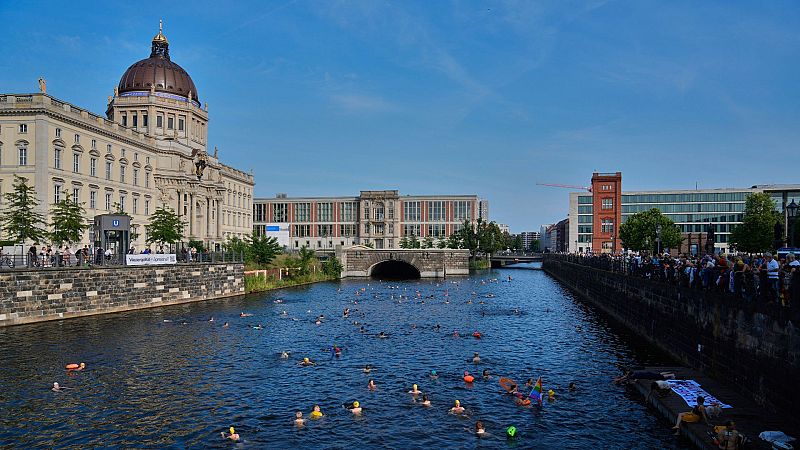
A century after the city of Berlin banned swimming in the Spree River because it was so polluted it could make people sick, there's a push by swimmers to get back into the water.
Around 200 people jumped into the slow-moving, greenish water on Tuesday to show that it's not only clean enough, but also lots of fun to splash and swim in the Mitte neighbourhood along the world-famous Museum Island.
A group calling itself Fluss Bad Berlin, or River Pool Berlin, has been lobbying for years to open the meandering river for swimmers again.
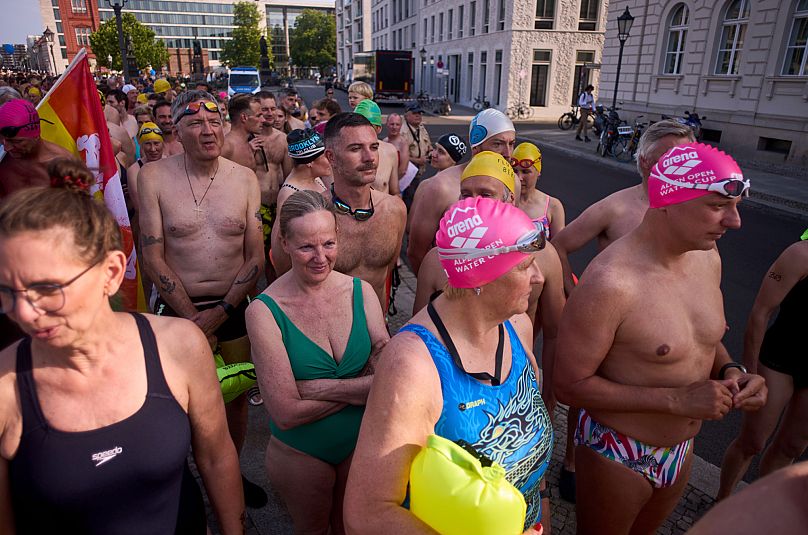
“For 100 years now, people have not been allowed to swim in the inner-city Spree and we no longer think this is justified, because we can show that the water quality is usually good enough to go swimming during the season," said Jan Edler, who is on the board of Fluss Bad Berlin and helped organise Tuesday's swim-in.
To circumvent the ban, the group registered their collective swim event as an official protest.
City officials are 'optimistic' about reintroducing river swimming
Standing on a little staircase that leads down to the Spree canal, which flows around the southern side of the island, Edler stressed that “we want the people to use the Spree for recreation again.”
He pointed to the fact that the river has been cleaned up thoroughly, and that the water quality has improved in the last decade and is constantly being monitored.
Even city officials in the central Mitte district of Berlin say they'd be interested in introducing river swimming again in 2026.
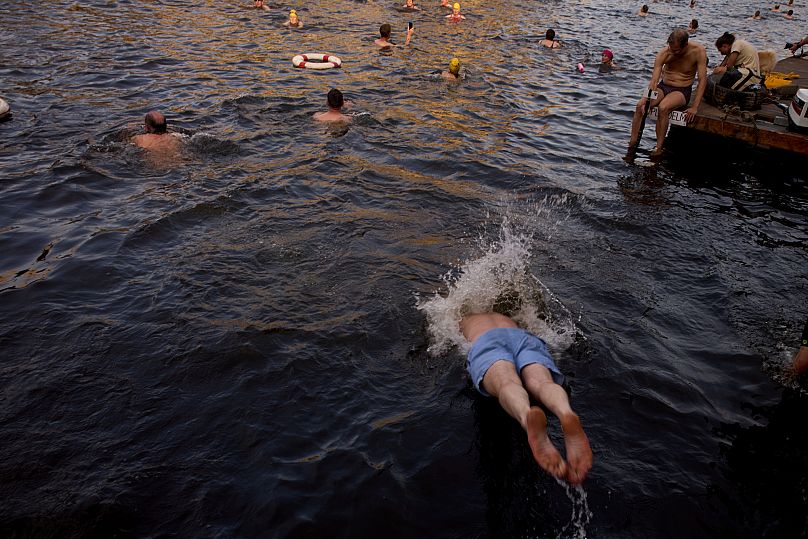
“There are still many things that need to be clarified, but I am optimistic that it can succeed,” district city councillor Ephraim Gothe told German news agency dpa recently.
Supporters of lifting the swimming ban also point to Paris, where the Seine River was opened up for swimmers for the Olympic Games last year and will be opened this summer for Parisians. Swimming had been banned there since 1923.
In Vienna, water lovers can splash into the Danube River canal, in the Swiss city of Basel, they can bathe in the Rhine, and in Amsterdam, there are some designated areas where people can plunge into the canals.
Only in Berlin has swimming been continuously prohibited in the Spree since May 1925, when the German capital closed all traditional river pools because the water was deemed too toxic. Some of those pools weren't only used for recreational swimming, but were a place for poor people to wash themselves if they didn't have bathrooms at home.
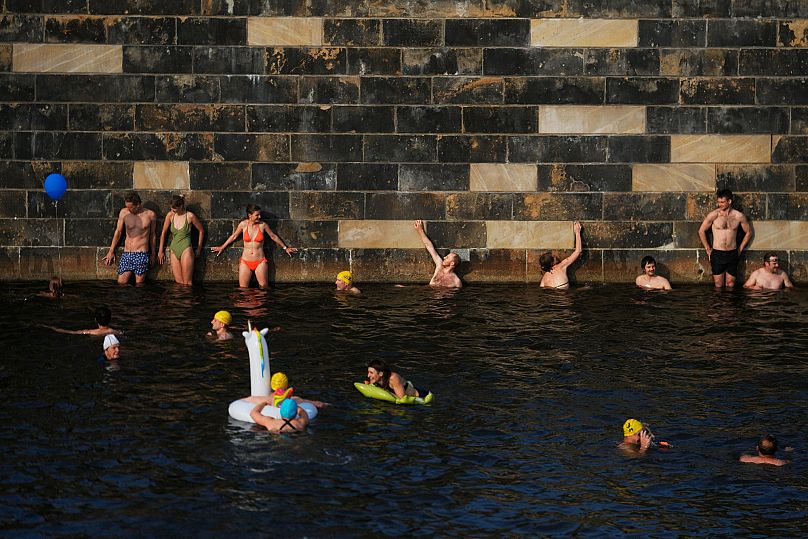
These days, the water is clean on most days, except when there's heavy rain, which leads to some water pollution.
Berlin could benefit from more places to cool off
Allowing swimmers to dive into the river would also mean loosening the historical monument protection on some parts of the riverbanks to install easy access ways to the water and places for lifeguards.
Another problem is the busy boat traffic on the Spree that could endanger swimmers. However, for the time being, the Fluss Bad Berlin group only wants to open up a nearly 2-kilometre-long canal where there's no boat traffic.
For what it's worth, the German capital, a city of 3.9 million, could definitely benefit from more places where people can cool off in the summer, as regular outdoor pools tend to be hopelessly overcrowded on hot summer days.
“The cities are getting hotter,” Edler said. "It's also a question of environmental justice to create offers for people who just can’t make it out of the city when it’s so hot and can enjoy themselves in the countryside.”
